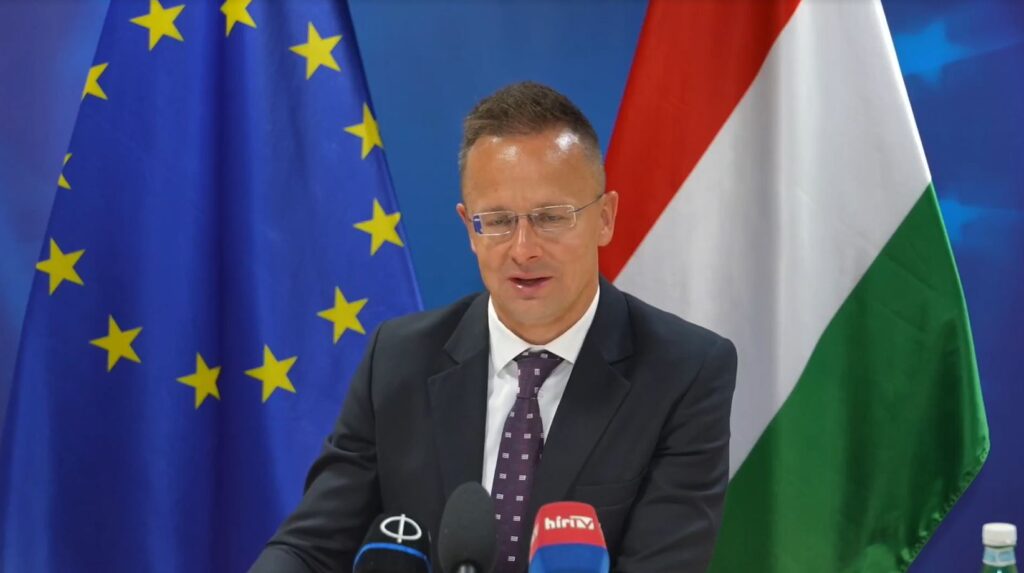EU agrees on new Russia sanctions package targeting energy and finance

The EU has agreed on a new Russia sanctions package, with ambassadors reaching consensus on the bloc’s 18th sanctions round targeting key sectors of the Russian economy, Suspilne reports. Malta and Slovakia reportedly lifted their vetoes after receiving critical assurances, clearing the way for formal adoption at the EU Council’s meeting later today, 18 July.
Malta and Slovakia lift vetoes, clearing way for approval
According to Suspilne, Malta withdrew its objection after receiving written guarantees from the European Commission. The country wanted confirmation that the proposed oil price cap would not strengthen Russia’s shadow fleet, a concern tied to Malta’s large shipping sector.
Pro-Russian Slovak Prime Minister Robert Fico announced earlier on Facebook that Slovakia had also dropped its veto. His government received EU guarantees related to gas prices and supply stability. Fico, however, underlined that Slovakia would never support ending Russian gas imports after 1 January 2028.
Both countries had previously blocked consensus on the package, which was introduced by the European Commission in June.
Package includes pipeline bans and price cap changes
The new Russia sanctions package will include a formal ban on the Nord Stream 1 and 2 pipelines. EU High Representative for Foreign Affairs and Security Policy Kaja Kallas said the bloc will also reduce the oil price cap as part of efforts to cut the Kremlin’s war revenues.
Kallas called the deal “one of the strongest” sanctions packages yet, noting it is designed to shrink Russia’s ability to finance its war in Ukraine. She also confirmed that the EU will continue to increase the costs of aggression for Moscow.
Germany and Sweden requested that the package be placed on the Council’s agenda under “Other business.” Once the General Affairs Council formally approves it, the sanctions will become legally binding.
Shadow fleet, banks, and drone tech also targeted
The package includes sanctions on 105 ships from Russia’s shadow fleet and on the entities enabling their operations. A registry of ship flags will be introduced to identify and track these vessels, which are used to obscure the origin of Russian oil.
In addition, 22 Russian banks will face new financial restrictions aimed at cutting their access to international funding. Brussels will also ban the export of European technologies used in Russian drone production.
Kallas confirmed that Chinese banks helping Russia evade restrictions are among the foreign entities targeted. The EU plans to limit their ability to support Russian financial transactions that bypass sanctions.
Rosneft refinery in India and indoctrination networks included
For the first time, the EU will sanction a foreign-based refinery—India’s largest Rosneft facility—due to its role in processing and moving Russian oil. The package also targets individuals and organizations involved in indoctrinating Ukrainian children in Russian-occupied territories.
Lithuanian Foreign Minister Kęstutis Budrys welcomed the agreement, stating that the combination of shipping, energy, and financial measures would ensure Russia remains on track to lose access to “blood money.” He also urged the US Senate to pass its own Russia sanctions legislation to align with EU efforts.
Read also
-
Europe launches new €500 million flagship fund for Ukraine after Russian attacks
-
Trump says US to impose 100% tariffs on Russia if war doesn’t end in 50 days
-
Russian oil flows through Hungary unchecked—investigation traces deals to PM Orbán’s closest allies
-
UK sanctions Russian generals and military lab for chemical warfare in Ukraine
